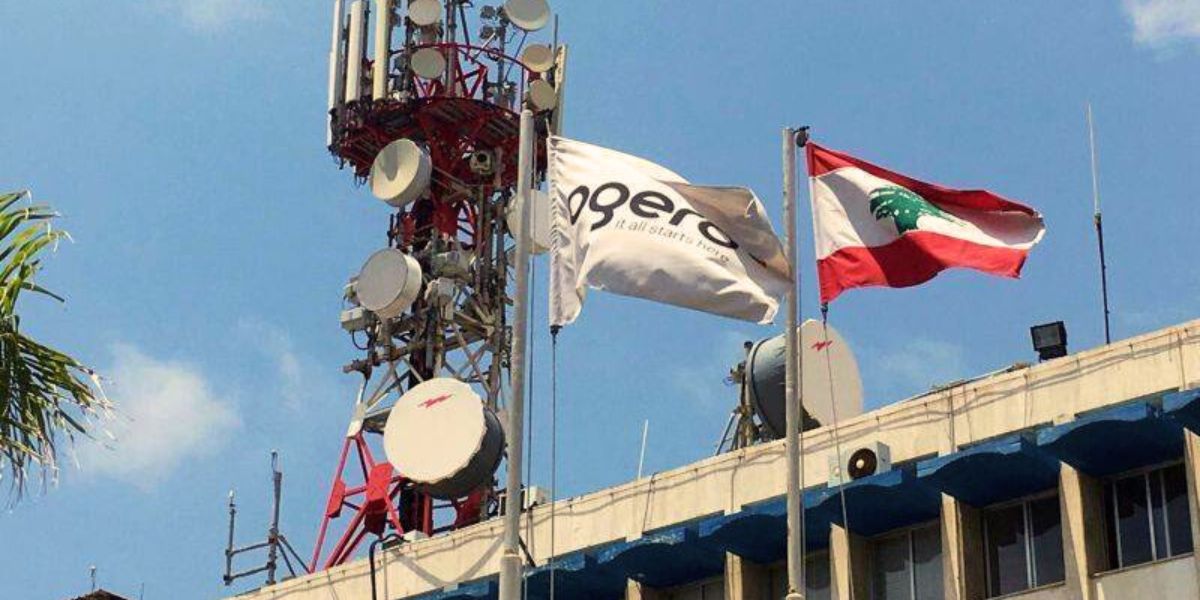The last thing that Lebanon needs today is a round of sanctions to add weight over its crumbling sectors.
But the Caesar Act is active and will inevitably harm the country if its rules are not bent – if slightly – to allow Lebanon some breathing space.
To attempt to achieve this, the Ministry of Foreign Affairs and Emigrants filed an official request to the US, asking it to exempt Lebanon from sanctions related to its trade networks with Syria, local media reported.
The request specifies electricity import from Syria, which satisfies a fair portion of Lebanon’s total power demand.
Moreover, it cites the passage of trucks from Lebanon to Syria for the purpose of transporting goods through its land, in addition to the import and export of agricultural products to the neighboring country.
The Foreign Ministry’s request was handed to the Lebanese Ambassador to the US to be delivered to the country’s Department of State for consideration.
This comes after US Assistant Secretary of State for Near Eastern Affairs David Schenker said that his country can make arrangements to exempt Lebanon from sanctions when it comes to exports to Arab Gulf states.
Notably, a spokesperson for the US State Department told Asharq Al-Awsat that, although the Caesar Act targets neither the Lebanese nor the Syrian people, it directly targets any individuals or entities that support the current Syrian regime.
It “clearly defines the type of activities that support the devastating conflict of the Assad regime, in which Syrian civilians paid the heavy price, and they include – but are not limited to – the energy sector and the aviation and reconstruction sectors,” the source said.
Interestingly, the spokesperson made this statement in response to a question about the Lebanese Foreign Ministry’s letter to Washington.
This seems to imply – judging by the specific reference to the energy sector, in addition to David Schenker’s recent Arab Gulf remarks – that an exception for importing electricity from Syria may be far-fetched for Lebanon.


















